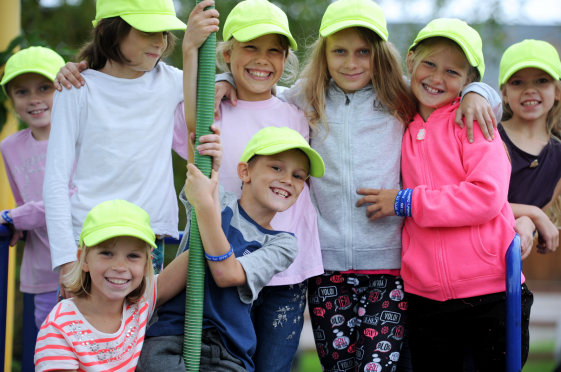David Mackay
Children whose homes were devastated in a nuclear disaster have arrived in Moray to enjoy some fresh air.
Youngsters, aged from seven to nine, are returning to the region from Belarus, which is still feeling the after-effects of the Chernobyl explosion 30 years ago.
Some of the most vulnerable children have been selected to stay with families in Moray to give their immune systems a rest from fighting the radiation in their homeland.
Since the disaster happened, there has been a massive increase in cancers and birth defects in the country.
Clare Cotton, coordinator of the Friends of Chernobyl’s Children Moray group, has already noticed a dramatic improvement in the health of the youngsters who returned from last year.
She said: “There was one young girl who came with a respirator last year because she had chest problems, she couldn’t have cold drinks or ice cream and had trouble breathing.
“Every year, she would be off school for about three months during the winter. When I went to visit earlier this year, I couldn’t believe she hadn’t had a day off.
“That’s all down to a month in the fresh air in Moray to give them a break. Her family described it as a miracle.
“A lot of the host families have noticed a big improvement in the condition of their hair, it’s less like straw and more like silk. A few of them are almost unrecognisable.”
The youngsters are given a year’s supply of vitamins to maintain their health when they go back home.
All 19 children who are in Moray for a month were measured and weighed at Duffus Hall yesterday to monitor their improvements during the stay before excitedly taking to the playground.
Olympic-themed events have been lined up for the youngsters as well as visits to the Findhorn Ecovillage, Pictish centre in Burghead and kickboxing classes.
School classes are also being run for the children, who live about 150 miles away from the Chernobyl plant.
Interpreter Olga Sapunova, who has travelled from Belarus with them, said: “This really makes a huge difference to their health, but also personally.
“A lot of them have never travelled in a car or train before. It helps them learn English and boost their confidence.”
